
But the ban on feeding pigs with food waste will remain in place until several conditions are met.
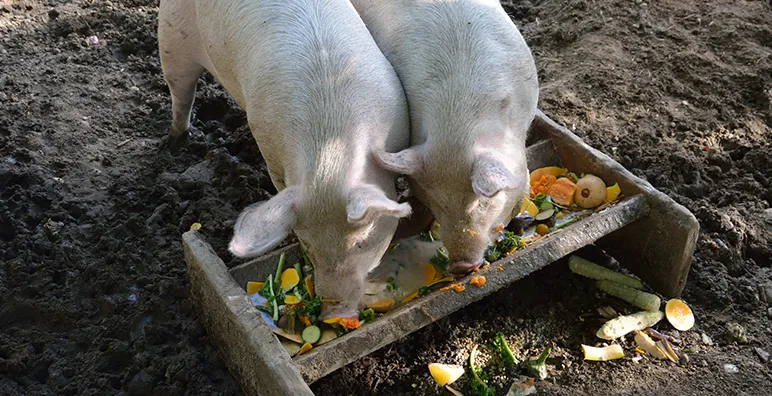
Taiwan’s government has lifted its ban on the transport and slaughter of pigs following an African swine fever (ASF) outbreak in Taichung.
Cabinet Spokesperson Michelle Lee said that the Central Emergency Operations Center confirmed the infection was limited to a single farm.
“The virus was traced to a single source—food waste that had not been properly cooked,” Ms Lee said, quoting Premier Cho Jung-tai.
Since the outbreak did not spread, the government lifted the live pig transport ban at noon on November 6. Pork product trading resumed at midnight.
Premier Cho urged local governments to ensure slaughterhouses, vehicles, and butcher stalls within their jurisdictions are properly disinfected before trading resumes.
Food waste feeding ban remains in place
Agriculture Minister Chen Junne-jih said the ban on feeding pigs with food waste will remain until key conditions are met.
These include:
The inspection is expected to take two weeks. Mr Chen said the government will subsidize the cost of monitoring equipment and provide feed subsidies to affected farmers.

Chen Junne-jih
He added that the ministry will review progress every two weeks. Only farms meeting all requirements may resume food waste feeding.
Moreover, while substantial progress is still needed before lifting the ban entirely, the government might allow individual farms that meet the requirements to resume using food waste as feed.
Penalties for violators
Mr Chen also warned that farms violating the food waste ban face fines and risk losing their operating licenses.
His comments followed the discovery of two farms in New Taipei’s Linkou district feeding pigs with food waste. The farms were fined USD 66,500, stripped of subsidies, faced movement restrictions, and were banned from selling their pork products.
New Taipei Mayor Hou Yu-ih urged farmers to comply with existing regulations to help the industry recover. The city ordered the destruction of recovered food waste and sealed the farms’ heat-treatment equipment to prevent further use.
Industry voices and outlook
The Young Pig Farmers’ Association called for a permanent ban on food waste, calling its usage “a major weakness” in Taiwan’s fight against ASF.
However, black pig farmers opposed a permanent ban, warning it could reduce market share and raise production costs.
Pingtung Black Pig Farming Association Chairman Fang Chih-yuan said that because black pigs grow slowly, farmers rely on food waste to keep costs down.
He urged the government to establish food waste processing centers, warning of landfill risks and limited incinerator capacity.
Mr Fang supports banning household food waste but argued that plant- and animal-based waste should still be permitted to help sustain black pig farming.
Environment Minister Peng Chi-ming said Taiwan’s food waste treatment capacity falls short by 500 tons daily. He estimated it will take 1-2 years to close the gap.
Subscribe now to the technical pig magazine
AUTHORS
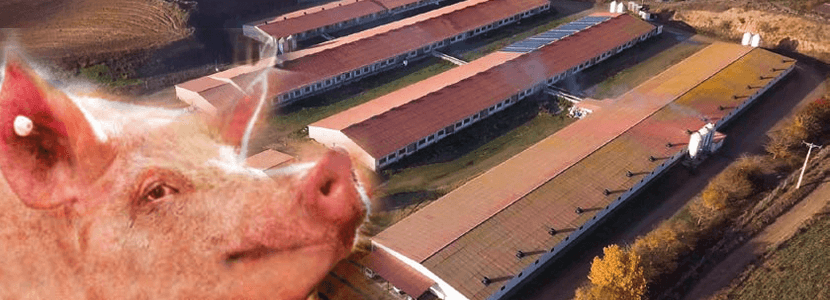
Bifet Gracia Farm & Nedap – Automated feeding in swine nurseries

The importance of Water on pig farms
Fernando Laguna Arán
Microbiota & Intestinal Barrier Integrity – Keys to Piglet Health
Alberto Morillo Alujas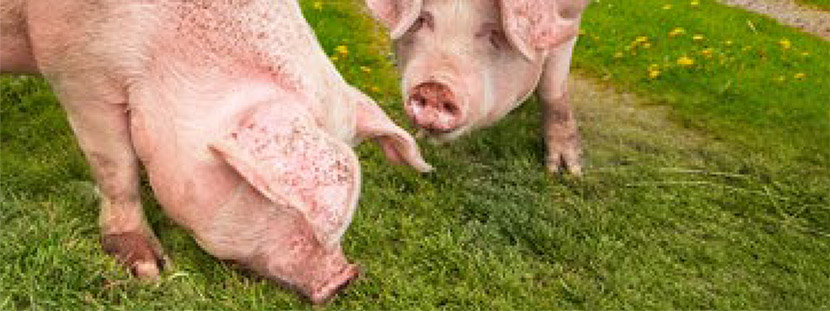
Impact of Reducing Antibiotic use, the Dutch experience
Ron Bergevoet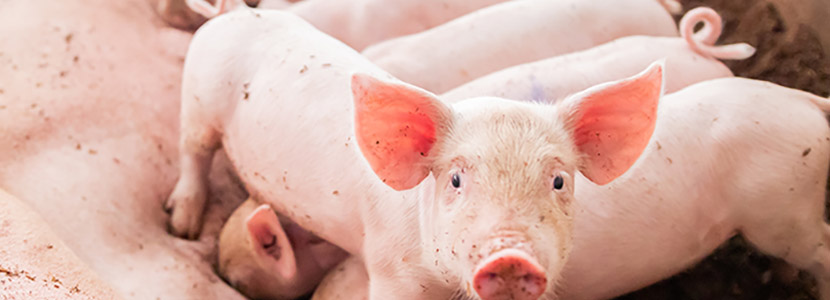
The keys to successful Lactation in hyperprolific sows
Mercedes Sebastián Lafuente
Addressing the challenge of Management in Transition
Víctor Fernández Segundo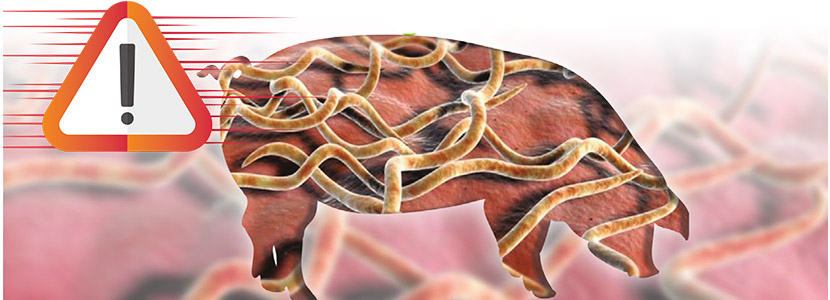
Dealing with the rise of Swine Dysentery
Roberto M. C. Guedes
Actinobacillus pleuropneumoniae – What are we dealing with?
Marcelo Gottschalk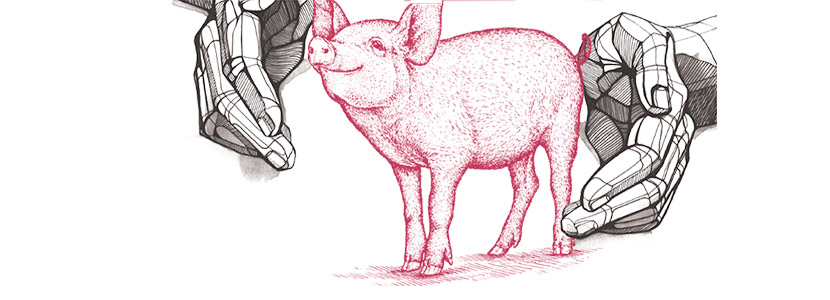
The new era of Animal Welfare in Pig Production – Are we ready?
Antonio Velarde
Gut health in piglets – What can we do to measure and improve it?
Alberto Morillo Alujas
Interview with Cristina Massot – Animal Health in Europe after April 2021
Cristina Massot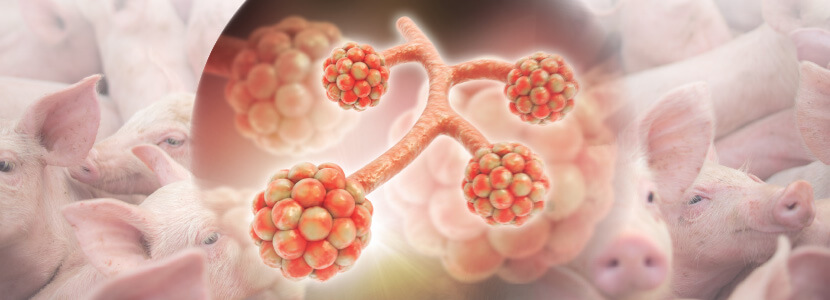
Differential diagnosis of respiratory processes in pigs
Desirée Martín Jurado Gema Chacón Pérez